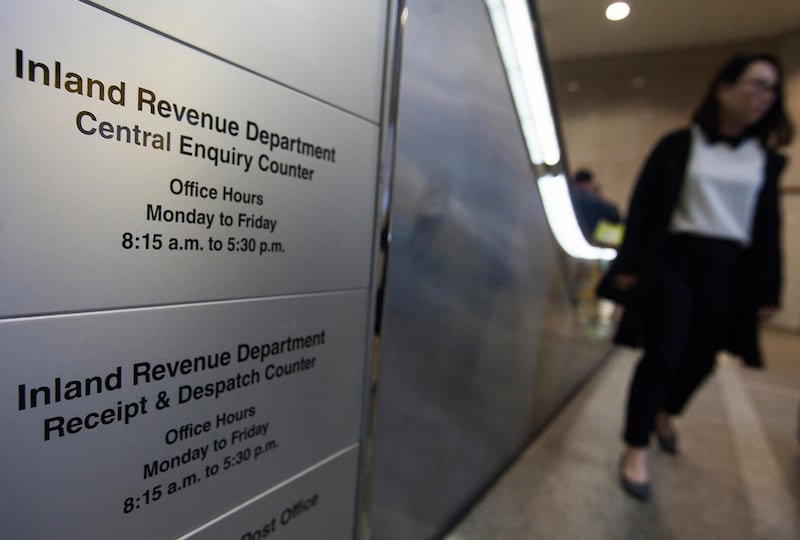UAE wealth managers said a move by the European Union to include the Emirates in a black list of 17 global tax havens is not credible and likely to have a negligible effect on the banking industry which has in recent years intensified efforts to clamp down on financial crime.
Dubai-based executives including Khaled Sifri, the chief executive officer of Emirates Investment Bank, said that the blacklist seemed more of a political exercise than an objective undertaking that judged jurisdictions on specific criteria.
"It's not a very credible list because they excluded many jurisdictions and I mean many that provide the kind of environment that they are trying to highlight, an environment where corporations would be able to set up companies or subsidiaries in those jurisdictions and these subsidiaries were not taxed at normal rates,” said Khaled Sifri, the chief executive officer of Emirates Investment Bank, a Dubai-based private bank.
“The biggest offenders are not on the list. Switzerland, Jersey and the US are some of the biggest offenders around. This is the kind of thing that may attract attention in the short term but it will have no implications in the longer term. I think the EU missed the target on this altogether.”
________
Read More:
_________
Mr Sifri joins others that have said the list was “politically led” because the EU didn’t include any of its members of it. In a tweet, Oxfam pointed out that several EU countries actually fail the EU’s own criteria for blacklisting.
The countries on the list are: American Samoa, Bahrain, Barbados, Grenada, Guam, Macau, the Marshall Islands, Mongolia, Namibia, Palau, Panama, Saint Lucia, Samoa, South Korea, Trinidad and Tobago, Tunisia and the United Arab Emirates.
South Korea, which has a comprehensive free trade deal with the EU, was listed because it has “harmful preferential tax regimes,” while the UAE does not apply minimum global standards against tax avoidance, the EU said in a document.
The countries on the list may face sanctions in the future but for the time being EU finance ministers were unable to agree on sanctions that could be imposed on offending jurisdictions. The countries on the EU tax haven blacklist failed to meet key criteria dealing with bank information exchange, including the Organization for Economic Cooperation and Development's Common Reporting Standard, as well as corporate tax reforms such as the OECD base erosion and profit shifting guidelines, Bloomberg Law reported.
The move to include the UAE is surprising given the increased rules and regulations imposed on financial institutions by the central bank when it comes to financial crimes and ensuring compliance, industry executives said.
No one at the Central Bank of the UAE was immediately available to comment. Banks contacted by the National, including HSBC, Standard Chartered and Mashreq Bank said they weren’t able to immediately comment.
“We have thousands and thousands of clients. From our experience, the country is very compliant and looking at know your client and anti-money laundering documentation we’ve never come across people trying to avoid paying taxes here,” said Sam Instone, director of financial advisers AES International in Dubai.
“I think the effect is going to be negligible on the UAE."





